‘Giving a shit’ is not really a popular position socially it has to be said. It’s generally much more acceptable to just let the world go on as it is, letting manic inequalities and bigotry flourish, and not minding our pretty little heads about people we don’t know.
Because that’s working out just great for all of us don’t you think?
Exactly!
Worst. Plan. Ever.
I’m known to be fairly vocal about things I care about.
None of which affect me personally. I’m not gay. I’m not a refugee. I’m not a First Australian. I’m literate. I’m employed. I’m not old. I’m able bodied. I’m a breeder. Married. In fact, I’m pretty much a Liberal politicians wet dream at this time of my life.
But I care. Enough to annoy pretty much everybody I know on a pretty regular basis banging on about inequality and what we can do to change it. I write to politicians, go on marches, volunteer my time, call out bigotry when it appears in my feed or at a party. I sometimes get side tracked and spend a bit of time condemning velour tracksuits or crocs, but generally I stay focussed because I really believe that we change the world, one mind at a time.
And I’m not the only one. There are a lot of us out there in the world going around caring about things that have nothing to do with them and getting on with life.
And then, then there are the warriors. The women that care enough to make it their careers. The ones that are changing the world, proactively and deliberately, and still retaining their fundamental belief that we are connected by our collective humanity.
I know that there are women achieving big things in finance and advertising and sports and smashing away at the glass ceilings with the same ease that I smash down a glass of Chardonnay, and I admire them. I do. But it’s the women that are changing the world for other women that I absolutely adore.
If we’re lucky enough to know these kind of people we should share them, so I would like to introduce three women who I think are pretty amazing. And I’ve interviewed them for you so you too can rest easy knowing that these kind of women are out there, proactively making our world a better place.
Let me introduce Leila, Bianca, and Lucy.
 Leila Stennett is RESULTS International (Australia) Campaigns Director and leads campaigns on Tuberculosis, nutrition, vaccines, education and maternal and child health in the Asia Pacific region. She is also the Secretariat of the Australian TB Caucus.
Leila Stennett is RESULTS International (Australia) Campaigns Director and leads campaigns on Tuberculosis, nutrition, vaccines, education and maternal and child health in the Asia Pacific region. She is also the Secretariat of the Australian TB Caucus.
Leila’s experience in the local and global NGO sector has covered policy writing, digital campaigns, community engagement, advocacy and lobbying for legislative change. Covering issues of child rights, migration, community building, sustainable fishing, disaster relief and illegal wildlife trade to name a few.
Leila hopes to one day marry her partner Stef and they are parents to a brilliant and exhausting almost 3-year-old named Ivy. She is a proud Star Wars fan and I still love her despite this.
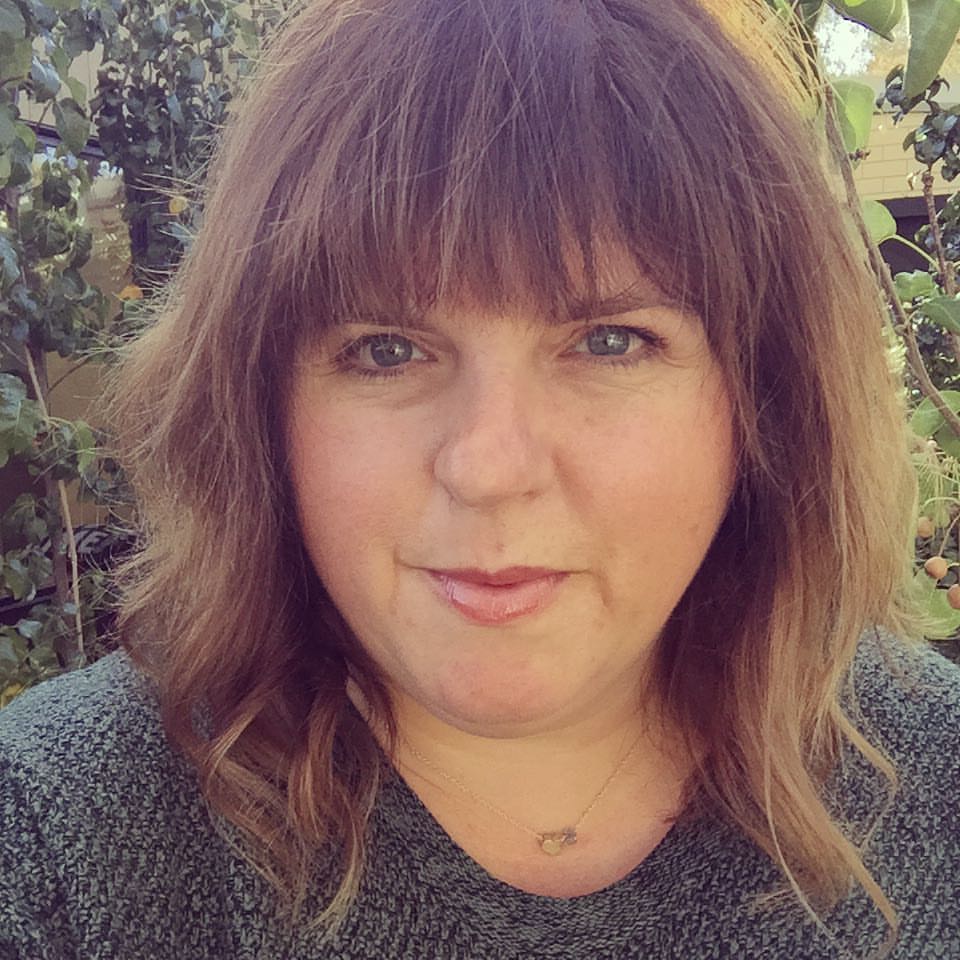 Bianca Wordley is a Media Coordinator at Oxfam Australia. She recently launched its first blogging program and does good stuff all the time. Previous to that she was a freelance writer, columnist, publisher of bigwordsblog.com and working from home prior to her three girls starting school.
Bianca Wordley is a Media Coordinator at Oxfam Australia. She recently launched its first blogging program and does good stuff all the time. Previous to that she was a freelance writer, columnist, publisher of bigwordsblog.com and working from home prior to her three girls starting school.
She has worked as a journalist for a number of media outlets including: ABC Radio, Australian Associated Press and The Advertiser. She is also way too modest about pretty much everything and is pretty much universally known as awesome.
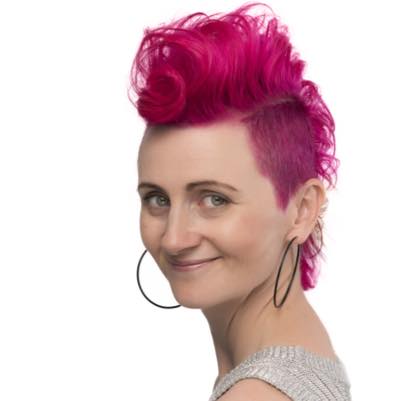 Lucy Perry is an international keynote speaker, author, photographer and award-winning leader. She’s a rule breaker, idea maker and exceptional communicator.
Lucy Perry is an international keynote speaker, author, photographer and award-winning leader. She’s a rule breaker, idea maker and exceptional communicator.
Lucy ran a successful creative services firm for 20 years before she took on the start-up challenge as founding CEO of a brand new women’s health charity. In less than three years at the helm, Lucy built the team and the communication strategy which raised $7M for a network of hospitals and a midwifery school in Ethiopia.
Lucy is now the CEO of Sunrise Cambodia in Australia which funds the work of legendary Australian humanitarian and Mum to Many, Geraldine Cox AM. I’m a huge fan of Lucy because she has achieved so many amazing things without ‘conforming to type’. I love that in a woman.
Okay – here goes!
People who go into caring careers are often seen as gentle, nurturing individuals, but you have to deal with some pretty harrowing themes. What’s your view around mental toughness being as important as a kind heart in your job?
Lucy: The warm fuzzies you feel from helping others makes for such a satisfying work life. Having said that, mental toughness, resilience and the ability to set emotions aside are essential skills to hack the tough stuff. I’m still working on that. The tough stuff may be the coal face of service to others where you witness people suffering terribly.
Leila: I’ve learnt about “mental toughness” the hard way.
My first job out of university while I was completing my Masters was for an organisation that lobbied for children in immigration detention. I was the Campaigns Director and was responsible for all facets of the organisation as the sole paid employee. I travelled to detention centres, I built an ambassador program full of young refugees who I’d developed relationships with, I worked with politicians, government departments, media outlets, other NGOS and INGO’s. Most challenging of all was working with people who’d suffered significant trauma; inevitably I fostered close friendships with some and the balance of empathising with their story while campaigning on their behalf was often confronting.
I had no time for anyone by the end of my one-year contract; I ended a long-term relationship, had few friends and my family were deeply concerned for my well-being. It took one of the refugee children I had been working with to snap me out of my downward spiral. He told me “you cannot give to others, what you do not give to yourself.” I realised then that I couldn’t do the work I loved and enable change if I was burnt out, tired, angry, anxious and unhealthy.
Bianca: Prior to working in this field I was a journalist for many years and have grown quite a thick skin. You need to be able to distance yourself from your work. Staying calm and rational is important. It doesn’t mean things don’t affect you. It’s important to take time out and process everything. The world is full of hardship and misery, but is also a place of great hope, love and opportunity for change.
Lucy: I have never forgotten seeing four little dead newborn babies together in a row in the maternity ward of a small hospital in southern Ethiopia. Five babies were born during the night and by the morning, four of them were dead. What I found most shocking was the general acceptance of these heartbreaking deaths rather than the deaths themselves. I was speechless. I cried for the whole 6-hour drive back to Addis Ababa. Then I had a good night sleep and I came out fighting for those birthing mothers in rural Ethiopia until I had raised $7M to deal with unnecessary childbirth injuries for good.
I’ve seen some horrifying scenes in Cambodia recently: people digging for food amongst hospital waste, terrible living conditions with no sanitation, unnecessary deaths from easily preventable health problems, wholesale boredom for the youth of Cambodia. Those people and their suffering have fuelled my next mission: to fund education for young people in rural Cambodia.
Leila: Balance is the most important thing for me now. I still get caught up in work and we all have peak moments in the year that require extra time to be dedicated to work. However, I have tried to do daily things to make sure I pay attention to myself and my family. I discovered I love cooking, gardening and writing poetry – just daily reflections for myself. I’m in a new relationship and have a two-year-old daughter. I make sure not to expect them to understand everything about my work and it’s okay to talk to them about certain things but sometimes due to the nature of the content its best to talk to a professional – your friends and family are not desensitised or trained to cope with certain stories or circumstances you witness.
Lucy: I think it is important to be able to feel for the people you care for, the people who are suffering, to let it flow through you and over you, but then to develop your own kind of toughness so that you can get the job done. There will always be moments of overwhelming hopelessness but the ability to reflect on that, take stock and bounce back to do your job with empathy and brilliance is the technique of champions who will stay in the caring game for good.
Are there people you come across that you really struggle to care for and if so how do you manage that?
Leila: In short, no. It really is about fairness for me. I believe (as I feel most Australians do) in a fair go. Everyone has the right to freedom, safety, universal health care and education. We should all be given a chance to be the best versions of ourselves.
Its more about the issue for me – its not political. I’ve never worried about religion, ethnicity or whether they have good manners and taste in music. It’s not for me to decide who I help. I don’t care if you’re a doctor or a garbage truck driver – you deserve to live free from persecution. Same goes with my current work in public health. Infectious diseases like TB don’t discriminate so why should I in my advocacy work.
Bianca: In my current role I mostly deal with bloggers and journalists and overall they are not confronting. That said, when I traveled to Cambodia and met with garment workers I knew I wanted to change the world for them, so I wrote about their stories and now work to continue highlighting their reality. It’s also comforting to know that Oxfam and its partners do amazing work helping to lift people out of poverty and provide pathways for them to create viable futures for themselves.
Lucy: What a cracker question! I imagine that nurses, doctors and other carers would certainly come across patients, who they would rather just poke in the eye. That’s just a part of life in any career.
For five years I worked as a doula or childbirth support person. In that role I would support a couple to navigate their childbirth choices and then physically support them through the birth. About five years into that radical journey, I started travelling to Africa again. Once I had seen how birthing mothers coped without aromatherapy, hypnotherapy and a birthing pillow, with such grace and strength, I gradually became jaded with the well-equipped, rather spoilt birthing scene in Australia. In Africa I was travelling to hospitals where women had suffered catastrophic childbirth injuries. I would come back to Australia and attend a birth of a young couple and it would hit me like a ton of bricks how fortunate we are here. But the people I was supporting weren’t always easy to care for and I started to lose my doula mojo.
Eventually, I was supporting a couple to give birth in a big shiny private hospital in Sydney. The midwife took her time to bring them some extra pillows. They were so rude to her, I was embarrassed. The birthing mother behaved like such a pork chop, this was when I knew I was done with the labour ward, that my time holding the space for these women was over. Instead I built Australia’s largest online doula directory and supported doulas to do their thing, rather than attending births myself.
Maybe that’s what you do when you start to struggle with the people you have to care for and you start caring for the carers.
Why do you think caring careers – at any level – are seen as a ‘different’ or ‘other’ to a ‘real career’?
Leila: I remember telling my Dad I wanted to be an advocate and although very supportive his suggestion was that I become a lawyer, a corporate lobbyist, bureaucrat or politician. There was always a concern perception that I was becoming a “professional pain in the arse” or even worse a “tree hugging hippy.” I’ve been told several times to get a real job, one that doesn’t involve writing your own grant applications each year, hoping you secure funding, knowing full well you’ll continue to do the work with or without money. I think it’s viewed as a “different” job for so many in Australia because no one knows what an advocate or campaigner does until they need one.
I guess we’re lucky in that sense; the majority of people have never had to advocate or fight for their basic human rights.
I know that while people’s words can be hurtful and difficult to ignore; they’re a greater reflection of those people than they are myself, and therefore they’re not capable of dampening my resolve. I believe in my work and working within our democracy to make our leaders accountable and as cliché as it sounds to be part of building a society worthy of my grandchildren and protecting the environment for our future.
Lucy: I have never felt that way. Carers are doers. What is a real career anyway? Wearing a suit to a Monday to Friday office job? Sounds like torture to me.
Bianca: I’m not sure caring careers are viewed as different to a real career? We work as hard as, and at times harder than others, as we have an obligation to the people who donate money. But most of all we have an obligation to the people whose lives we impact.
Best thing about your job – and it doesn’t have to be altruistic 🙂
Bianca: Knowing that the work we do helps changes lives and being lucky enough to hear the stories from the people who have been lifted out of poverty and are now transforming their own lives.
To work alongside people who agitate for change and have an unwavering resolve to make the world a better place.
Lucy: The best thing about my job is being given the opportunity to use my skill set in communication to make life significantly better for some of the poorest people in the world.
I could use that skill set to sell more bikinis to the beautiful people, or I could use my visual and written communication skills to tell heartbreaking true stories about the people we serve to move generous Australians to support families in Cambodia.
That’s the best thing ever.
Leila: Easy. The best part about my job is the amazing people I get to work for and with every day. I work with leading scientists, health professionals, advocates, policy minds and creative campaigners. I even work with some pretty amazing politicians and world leaders – yes they’re not all bad!
As a relatively young member of my team I have the privilege of working with an incredible CEO and Campaigner with experience in the health and development sector for longer than I’ve been alive. They’ve been part of the eradication of polio campaign, which is as its last legs with only 11 new cases in the world reported this year and a high chance within the next three years the world will be polio-free.
This is just one example of how they have changed the world through painstaking long term advocacy for stronger investment into new drugs and vaccines and advocating for people most in need in the Asia Pacific region to have access to treatment and care.
I’ve also worked with the most resilient women and children who have survived war, torture, lost everything – just for the chance to rebuild their lives. If ever I’m having a bad day and it’s a little harder to get out of bed than usual – I take a beat to think of them.



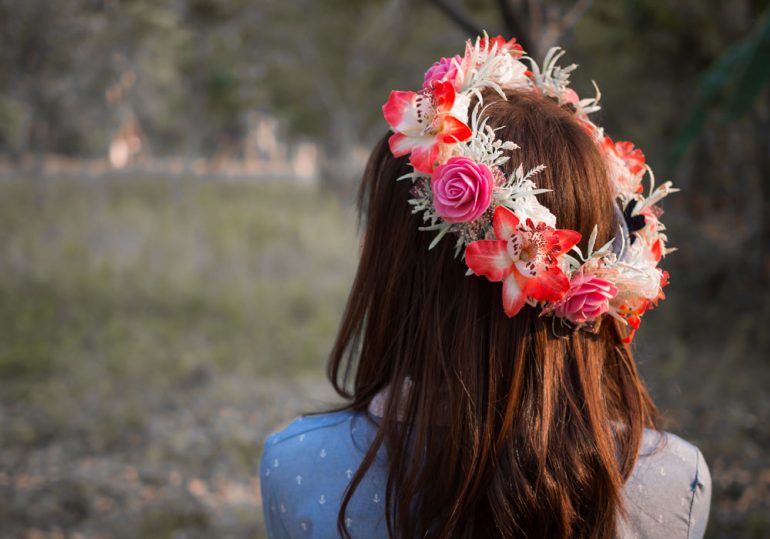
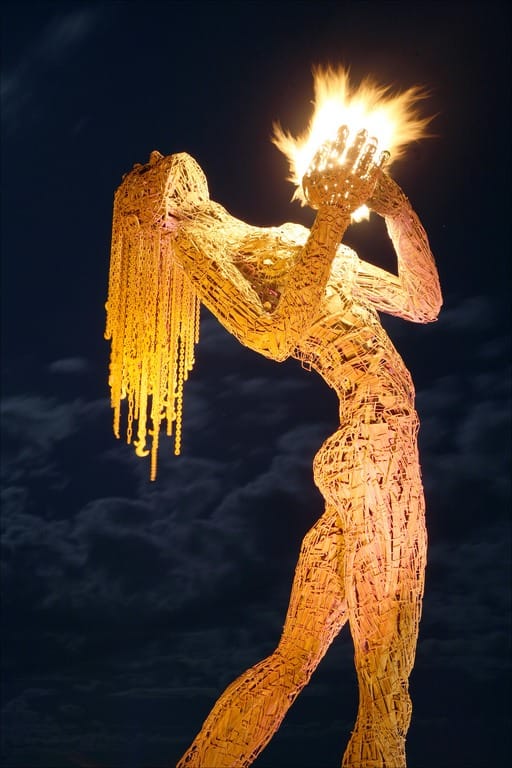
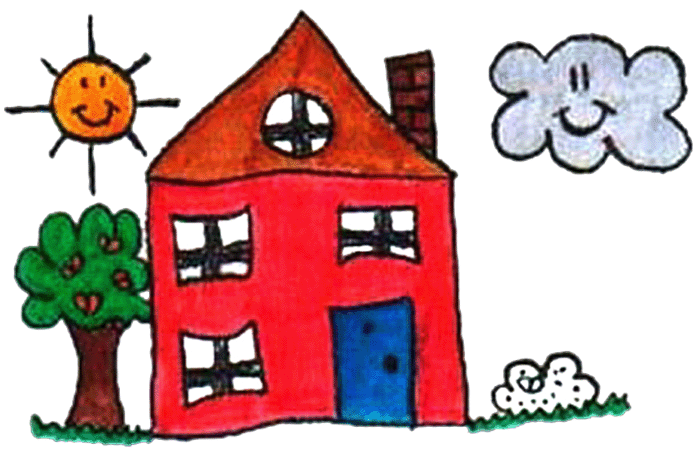




Good onya Leila, a wonderful woman warrior to work with x
Please dont knock crocs. They are a God-send for people suffering foot pain from auto immune disease. We know they dont look good.